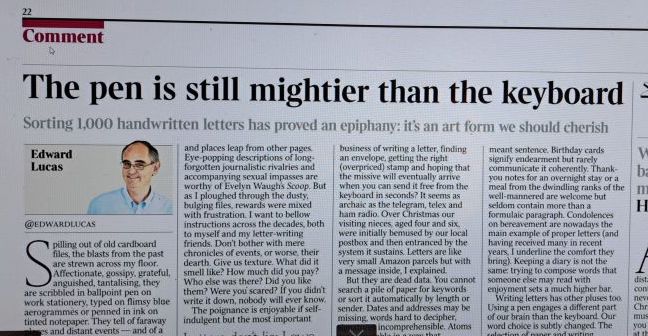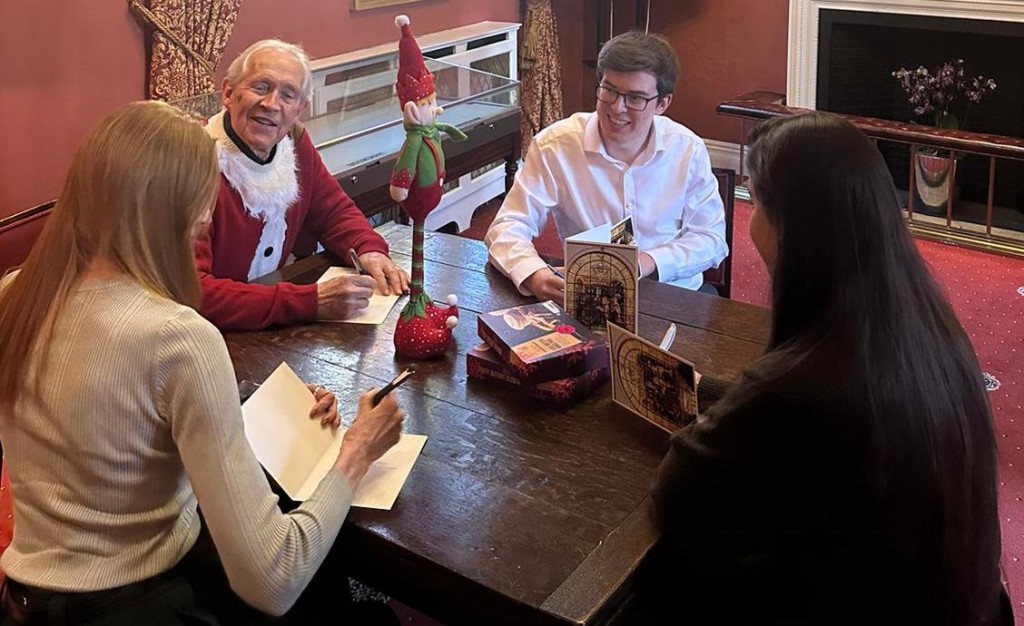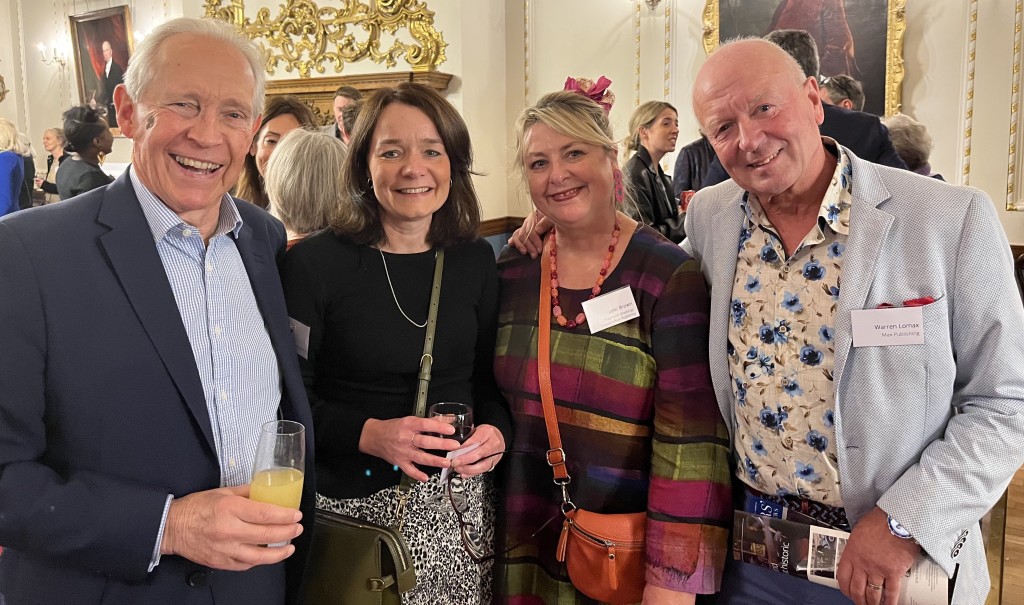More evidence that handwriting is still so important
The art of handwriting has been praised again with The Times columnist Edward Lucas sharing how he believes the pen is still mightier than the keyboard.
Following on from The Stationers’ Company event where GCA ceo Amanda Fergusson helped convince the panel chair that handwriting is still relevant for the digital age, the writer looked back over his rediscovered archive of 1,000 letters and the comfort of re-reading them.

“Brought to light during a clear-out last week,” Edward wrote on Monday, 1 January, “the old letters, and copies of my own missives, triggered memories like a Proustian madeleine. The handwriting of long-dead relatives recalled their virtues and vices. I found notes from my mentor Paddy Ashdown, then an unknown would-be MP, and, later, from Václav Havel.
“I was a hard-pressed freelance journalist in communist Czechoslovakia; he was a dissident playwright newly released from prison. A few months later he became his country’s president. Both wrote in green ink: Ashdown scrawling in ballpoint pen, Havel stylish in felt-tip. No emails could have such an impact.”
And Chris Leonard-Morgan, who organised the event at Stationers’ Hall in London, was delighted by the article, as the founder of the London Stationery Show, World Stationery Day and the Writing Matters campaign – all now run by PG Buzz owners Max Publishing – said: “I could hardly believe my eyes when I saw the piece!

“It follows a number of similar articles in the media in the final months of last year and the sell-out event at Stationers’ Hall on the same subject which came to the same conclusion. It’s encouraging news for believers, and stationery suppliers and retailers!”
In the Times’ column, Edward explained that he’d enjoyed re-reading “waspish pen-portraits of people and places”, while also becoming frustrated as he wanted even more details, but admitted letters “seem as archaic as the telegram, telex and ham radio” and claimed his visiting nieces, aged four and six, had no idea what a postbox was for, adding: “Letters are like very small Amazon parcels but with a message inside, I explained.”
Edward wrote: “Cost and convenience are the hammer and anvil that have pulverised our letter-writing habits. Why bother with the tiresome business of writing a letter, finding an envelope, getting the right (overpriced) stamp and hoping that the missive will eventually arrive when you can send it free from the keyboard in seconds?”
Having pointed out that, once discarded, letters are lost forever, he also noted that the electronic universe has issues, when people change emails, lose passwords and suffer tech problems.
He said Christmas cards contain a signature and well-meant sentence, while birthday sends signify endearment, but letters tend to be longer and even more thoughtful.

And he added there are definite pluses to writing by hand, as using a pen engages a different part of the human brain to the keyboard.
He wrote: “Our word choice is subtly changed. The selection of paper and writing implement, and the need to think about presentation and legibility, engage our aesthetic sense in a way that choosing the font on a computer does not. We can add doodles and text boxes, and play little tricks: demonstratively crossing out a phrase we have rejected while still signalling that we considered using it.”
Citing fellow journalist David Goodhart, author of Head Hand Heart which looks at how society now overvalues knowledge while underpaying craft and caring work, he said “composing in longhand, thoughtfully and even lovingly, redresses the balance” of overusing mental capacities while underusing humans’ fine-motor skills and emotional register.
David’s new year’s resolution is to write more letters by hand and Edward urged: “Consider doing the same. Your friends and family will be grateful.”



















